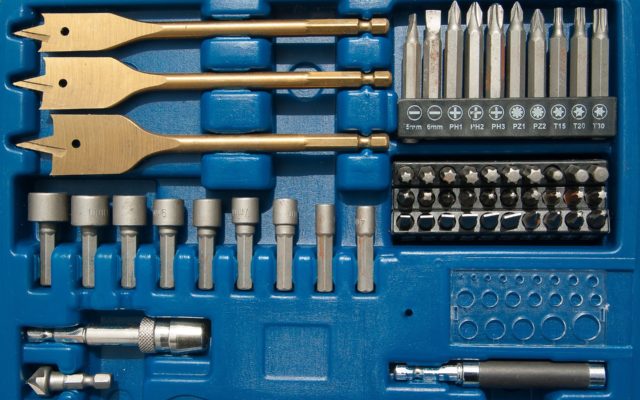We are becoming familiar with the assertion that millennials are lazy, although there’s plenty of evidence to suggest this is a bad wrap. I have to admit DIY isn’t the hobby it used to be, but does that qualify as a valid excuse for the dreadful performance of the retail DIY sector right now?
I’m told, for instance, the DIY enthusiast is a thing of the past, that new man brings in hired help to tackle home renovations and decoration, but I’m sceptical. Anyway, the tradesmen who are hired have to get their stuff from somewhere and at least a proportion of them always used to shop at the DIY multiples, so if there’s more work for them surely that’s an opportunity the traditional players have missed?
I admit I used to consider a walk down the aisles of my local DIY store a weekend treat. All those heavy tools glistening in the neon, but I wouldn’t even know where to go to get my kicks in the UK now. Homebase went all fluffy and furniture years ago and have blundered on since looking like a cross between a market stall and Dunelm, but with less taste. When they first turned down that road it was expressed as a response to the growing number of women DIYers, but somehow that didn’t ring true at the time and it certainly hasn’t panned out. Do-It-All was screwed by new owners who didn’t get it at all, by which time Texas Homecare had already hung up their overalls (although their heavy-end DIY chain Bulk looked like an interesting idea for a while).
Even B&Q, who were probably the last bastion of the serious DIYer has gone all convenience packs and painting by numbers. They also seem to have adopted the wimpy British retailers’ excuse – when you screw up blame the weather – with the announcement that “the beast from the east” caused their sales to drop in the first quarter this year, despite the fact that during the same period Screwfix, which they also own, showed growth. The problem with B&Q is simply that it has lost the plot. Interestingly they divested their stake in Hornbach a while back because they believed they knew better, leaving the German group, unencumbered by B&Q stupidity, to deliver almost 4% sales growth in their native market and as much as 10% in the Netherlands so far this year, which, kind of, proves a point. 
The UK market is tricky, but that’s marketing and it seems most of the good marketers have deserted the DIY sector. You only have to look at TV schedules these days to see how popular home improvement programmes are. There has to be demand, yet the erstwhile go-to stores for the products most renovators need have resorted to screws in multi-packs and Asian-made tools no self respecting DIYer would be seen dead with in their tool pouch. We all know that real DIYers buy screws in boxes or weigh them loose – as Hornbach offer. These days the closest we Brits get to a serious DIY multiple is Wickes and they are still pretty soft.
In fact, when you look at the sector, it is largely neither fish nor fowl. The news that Homebase’s Aussie owners, who like Hornbach re-kindle my joy in the sector, haven’t been able to make their model work in the UK makes me wonder if there’s something in the stories of lazy Brits, but I’d first like to see the result were B&Q or Homebase to look as though they are committing to being real home improvement stores.
Article by channel:
Everything you need to know about Digital Transformation
The best articles, news and events direct to your inbox






